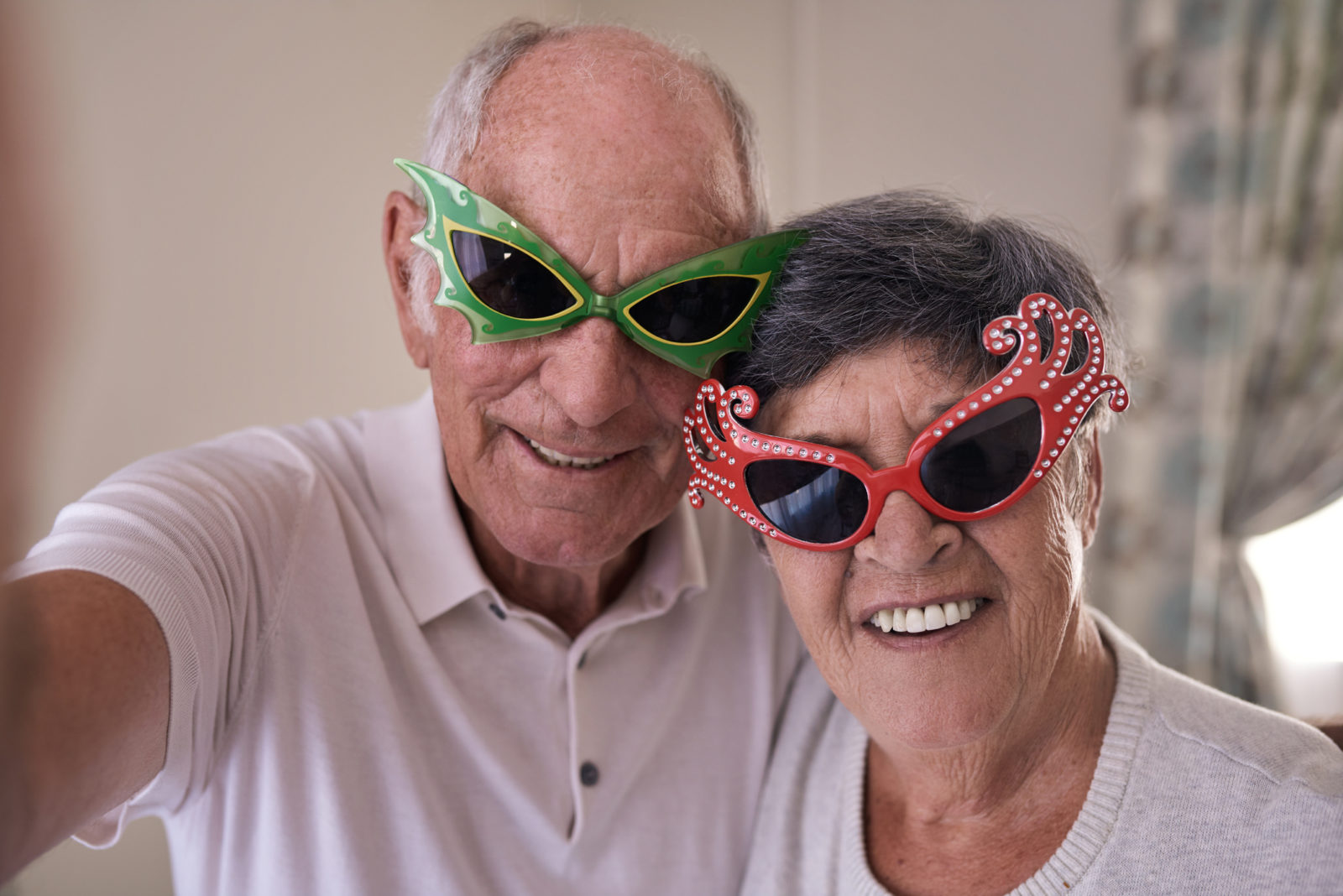Taking Care of Your Eyes as You Grow Older

January is National Glaucoma Awareness Month. Glaucoma is a leading cause of vision loss and blindness in the United States. Unfortunately, it has no early symptoms — that’s why half of people with glaucoma don’t know they have it. The only way to find out if you have glaucoma is to get a comprehensive dilated eye exam. There’s no cure for glaucoma, but early treatment can often stop the damage and protect your vision.
Glaucoma is not the only disease or condition that can affect your eyes over the years. Since your 40s, you have probably noticed changes in your vision – usually they’re a normal part of aging. But you should know that as you age, you are at higher risk of developing age-related eye diseases and conditions.
The National Eye Institute provides the following information about glaucoma and other ways your vision may become impaired as you age. These conditions affect different parts of the eye. Early diagnosis and treatment can prevent or slow vision loss or the onset of blindness.
Glaucoma
Glaucoma is not just one disease. It is a group of diseases that are all caused by the same event: Fluid in the eye builds up and damages the optic nerve. Your eye care professional can help control glaucoma by prescribing eyedrops or pills. Laser surgery is another way to open clogged areas so that the eye fluid drains and eases pressure against the optic nerve. Surgery is another option, but is used only when drops or laser surgery fail to control the pressure.
Age-related macular degeneration (AMD)
AMD is a common eye disease among people aged 60 and older. It gradually destroys the macula, the part of the eye that provides sharp, central vision needed for seeing objects clearly. It comes in two forms: dry and wet. Each form requires different techniques to be used by eye care professionals to treat the condition.
Cataract
Cataract is a clouding of the eye’s lens and is common in older adults and people with diabetes. Vision loss by cataract is successfully restored with surgery. Although cataract surgery is one of the most common procedures performed in the United States today, some people with cataract never need it. Many others can postpone it for years.
Diabetic retinopathy
Diabetic retinopathy is the most common eye condition among people with diabetes. It damages the blood vessels in the retina, usually in both eyes. If you have early-stage retinopathy, your eye care professional may suggest controlling your blood sugar, blood pressure, and cholesterol to prevent the disease from getting worse. For the more advanced stage, you may need laser surgery or other treatments.
Get regular eye examinations
If you are aged 50 or older, make a point of visiting your eye care professional annually. Having a dilated eye exam every year or as recommended by your eye care professional can help detect age-related eye diseases in their early stages. Early detection and treatment can help save your sight. So even if you are not experiencing vision problems, you should get an annual eye exam. This is one of the best things you can do to protect your sight.
![Charlesgate [logo]](https://www.charlesgate.net/wp-content/uploads/sites/218/2016/12/logo-new.png)